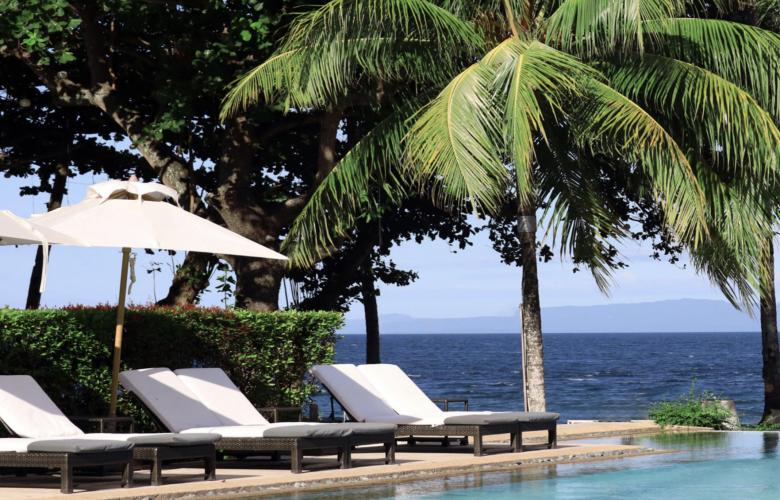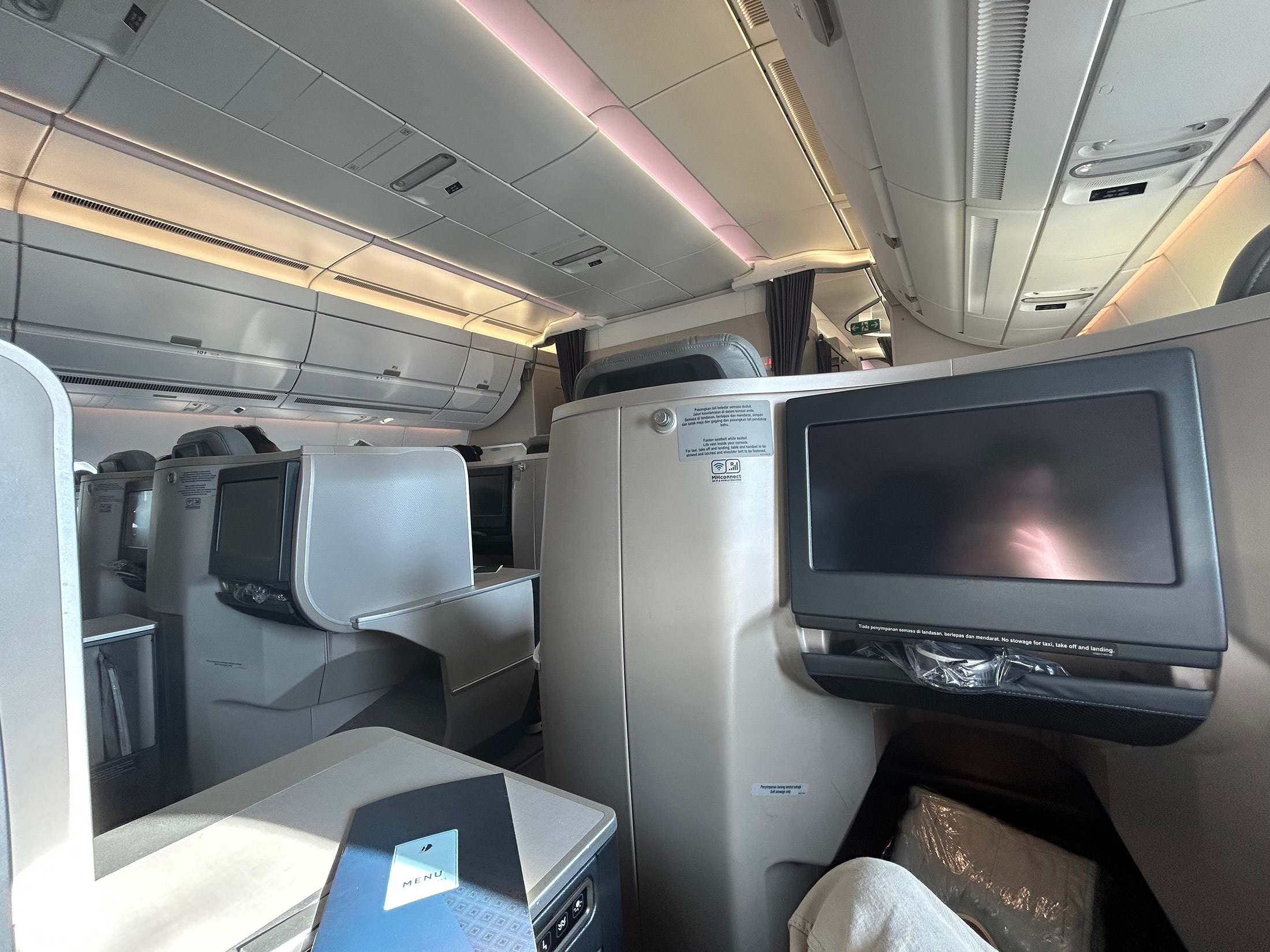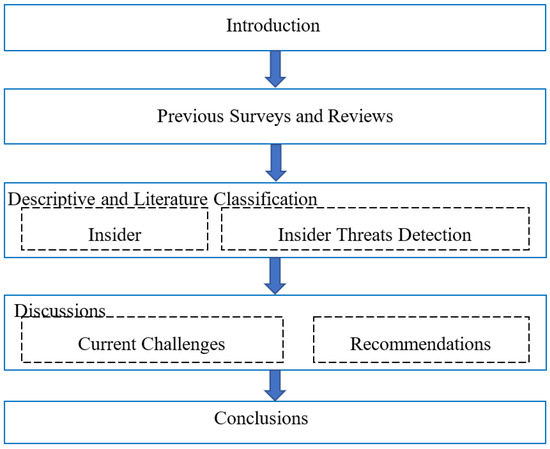Making the Most of Malaysian Hospitality: Insider Insights

Introduction
Understanding Malaysian Hospitality
Malaysian hospitality is a rich tapestry woven from diverse cultures, traditions, and customs. Guests often find themselves treated like family, reflecting a nation’s emphasis on warmth and generosity. For instance, at local festivals, it’s common for strangers to share meals and stories, showcasing the deep-rooted values of community and connection.
Significance of Insider Insights
Grasping the essence of Malaysian hospitality goes beyond mere observation; it requires insider insights that illuminate the nuances of cultural practices. Understanding these components can enhance experiences, both personal and professional. Key areas to explore include:
- Cultural Respect: Recognizing various ethnic groups’ traditions.
- Social Interactions: Engaging with locals ensures genuine experiences.
- Dining Etiquette: Learning meals’ significance fosters deeper appreciation.
These elements can make a significant difference when navigating social landscapes in Malaysia.

History of Malaysian Hospitality
Cultural Influences
The history of Malaysian hospitality is deeply rooted in its multicultural heritage. Malaysia is home to Malays, Chinese, Indians, and indigenous groups, each contributing unique traditions. For example, during festivals, it’s common to observe a fusion of culinary delights reflecting these diverse influences. This cultural melting pot enriches hospitality styles, creating a welcoming environment.
Evolution of Practices
Historically, hospitality practices in Malaysia evolved through interactions with traders and travelers. Over time, these exchanges fostered a generosity that is still evident today. Highlights of this evolution include:
- Traditional Customs: Generosity expressed during gatherings.
- Modern Influences: Adoption of global hospitality standards.
- Culinary Diversity: Blending flavors to create unique dishes.
Today, Malaysian hospitality beautifully marries tradition and modernity, ensuring that guests experience the best of both worlds.

Unique Aspects of Malaysian Hospitality
Warmth and Friendliness
One of the standout features of Malaysian hospitality is the inherent warmth and friendliness of its people. Visitors often find themselves greeted with genuine smiles and open arms, creating an immediate sense of belonging. A personal encounter at a local market demonstrated this beautifully; a vendor offered delicious samples while sharing stories, transforming a simple purchase into a memorable experience.
Importance of Food
Food plays a central role in Malaysian hospitality, serving as a bridge between cultures. Meals are often communal, where sharing dishes symbolizes unity and connection. Noteworthy elements include:
- Festive Feasts: Celebrations often feature an array of traditional dishes.
- Street Food: Local bazaars provide an authentic taste of Malaysian culinary heritage.
- Home-cooked Meals: Guests are frequently invited for home-cooked dinners, showing appreciation and care.
These culinary experiences not only tantalize the taste buds but also deepen bonds between hosts and guests, making hospitality in Malaysia truly special.

Navigating Etiquette in Malaysia
Greetings and Gestures
Navigating etiquette in Malaysia is essential to making a positive impression. Greetings are warm and often accompanied by gestures reflecting respect. A traditional Malay greeting involves placing one’s hands together in a prayer-like gesture, known as “Salam,” while slightly bowing. During my first encounter with locals, I quickly learned that a genuine smile goes a long way!
Dining Customs
Dining customs in Malaysia are equally nuanced and reflect the nation’s diverse culture. Here are some key aspects to remember:
- Eating with Hands: In many cultures within Malaysia, eating with the right hand is customary. Using utensils is acceptable but participating in the local way can be a sign of respect.
- Sharing Dishes: Meals tend to be served family-style, fostering a communal atmosphere. Guests are encouraged to try various dishes.
- Invitations to Feast: If invited to someone’s home for a meal, it’s polite to bring a small gift, such as fruit or sweets, to express gratitude.
Understanding these customs enhances the overall hospitality experience in Malaysia, allowing visitors to build genuine connections.

Building Personal Connections
Networking Practices
Building personal connections in Malaysia often involves an emphasis on networking practices that prioritize relationships over transactions. Engaging in casual conversations during social events is vital; for instance, at a recent community gathering, introductions were filled with smiles and exchanged stories, breaking the ice effortlessly. It’s all about establishing trust and rapport.
Communicating Effectively
Effective communication is key in navigating Malaysian social landscapes. Here are a few tips to enhance your interactions:
- Active Listening: Show genuine interest by listening attentively and asking questions.
- Body Language: Maintain open and approachable body language, which signals receptiveness.
- Respectful Tone: When discussing sensitive topics, adopting a respectful tone is crucial.
These elements foster a sense of connection, allowing for deeper engagements and lasting relationships in both personal and professional settings. Embracing these networking practices and communication styles can significantly enrich one’s experience in Malaysia.

Enhancing Experiences through Hospitality
Accommodation Offerings
Enhancing experiences through hospitality in Malaysia begins with exceptional accommodation offerings. From luxurious resorts to cozy homestays, each option reflects the local culture. During my stay at a charming guesthouse, the owners treated me like family, sharing travel tips and personal stories, which enriched my visit tremendously and made every moment memorable.
Tourist Interaction
Engaging with locals is another fantastic way to elevate one’s experience. Here are some ideas to encourage meaningful interactions:
- Cultural Tours: Join guided tours that showcase local traditions and crafts.
- Workshops: Participate in cooking classes or craft workshops for hands-on experiences.
- Local Events: Attend community festivals or markets to immerse oneself in vibrant local life.
By embracing these accommodation options and interaction opportunities, tourists can truly capture the heart of Malaysian hospitality, creating cherished memories that last long after the visit.

Business and Professional Etiquette
Meeting Protocols
Navigating business and professional etiquette in Malaysia involves understanding specific meeting protocols that emphasize respect and formality. When I attended a business meeting, I noticed that punctuality was highly valued. A polite greeting, using the appropriate titles, and initiating conversation about general topics before diving into business can significantly strengthen relationships in this context.
Gift-Giving Customs
Gift-giving is also a significant aspect of Malaysian business culture. Some essential points to consider include:
- Meaningful Gifts: Opt for thoughtful presents that reflect cultural appreciation, such as traditional crafts or premium food products.
- Presentation Matters: Wrap gifts beautifully, as presentation holds importance.
- Avoiding Certain Colors: It’s wise to avoid gifting white or black items, as they may symbolize mourning.
Understanding these business customs facilitates smoother interactions and fosters goodwill, making any professional engagement in Malaysia more productive and enjoyable.

Challenges and Opportunities
Adapting to Local Norms
Navigating the challenges of adapting to local norms in Malaysia can be both enlightening and enriching. For instance, I initially found some cultural customs overwhelming, but embracing them led to profound personal growth. Observing local practices, such as dressing modestly or learning a few Malay phrases, can significantly enhance interactions and build rapport with locals.
Capitalizing on Hospitality
Capitalizing on the unique hospitality found in Malaysia presents numerous opportunities for both travelers and businesses. To make the most of these interactions, consider the following:
- Building Local Partnerships: Collaborate with local businesses to create authentic experiences.
- Fostering Relationships: Prioritize long-term relationships over short-term transactions for mutual benefit.
- Engaging in Cultural Exchange: Share knowledge and experiences to enhance understanding on both sides.
By embracing local norms and recognizing the depth of Malaysian hospitality, individuals can unlock valuable opportunities for personal enrichment and professional success.

Conclusion
Recap of Insider Insights
In summary, understanding Malaysian hospitality requires an appreciation of its rich cultural influences, warmth, and dine customs. From my personal encounters, it’s evident that these insider insights can vastly improve interactions, whether during a casual visit or in a professional setting. Key takeaways include the value of personal connections and cultural respect.
Future of Malaysian Hospitality Industry
Looking ahead, the future of the Malaysian hospitality industry appears promising. With a growing emphasis on sustainable tourism and local experiences, there are numerous opportunities for innovation. Essential trends to watch include:
- Eco-Friendly Practices: Incorporating sustainability into hospitality offerings.
- Cultural Experiences: Enhancing traveler experiences through immersive cultural exchanges.
- Technology Integration: Leveraging technology for better guest services and improved communication.
By embracing these trends, the Malaysian hospitality industry can continue to thrive, fostering memorable experiences for both locals and visitors alike.




